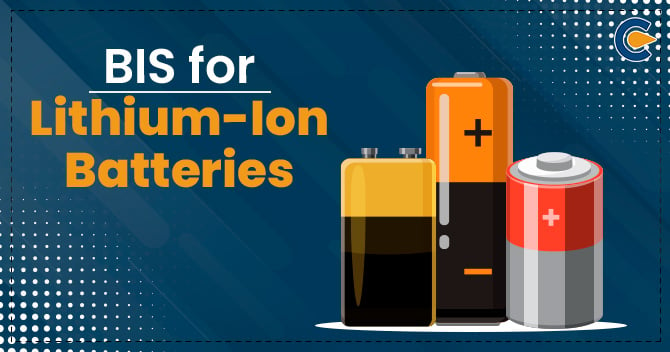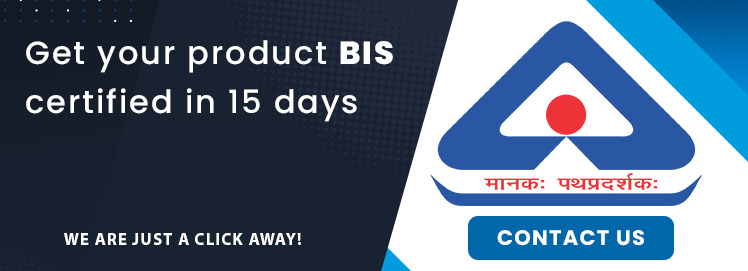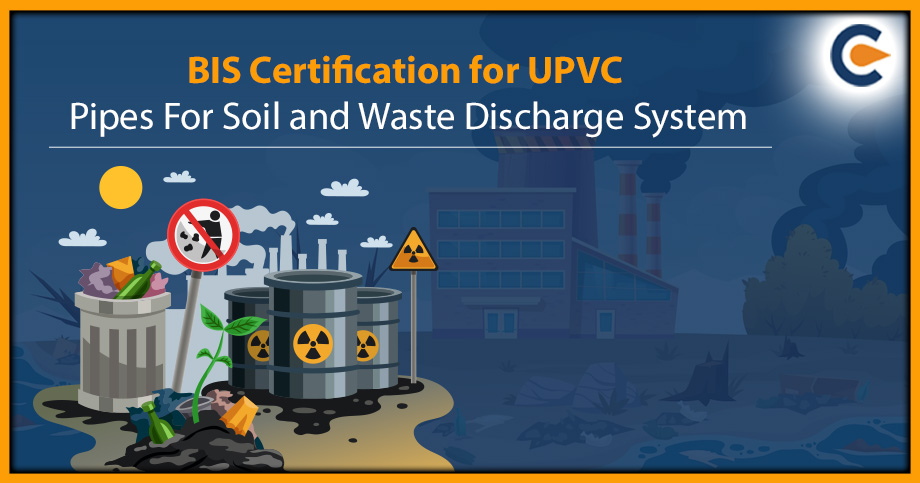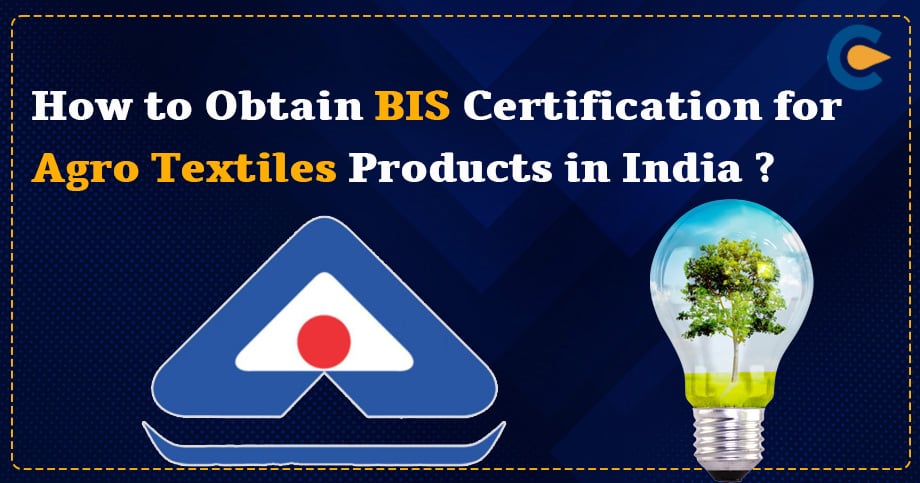Considering the monumental spike in the demand for Lithium-Ion Battery Pan India, BIS has enforced regulations that cover these products under the Compulsory Registration Scheme. BIS has enacted various standards for lithium-ion batteries to ensure their maintenance of all the safety measures. Before granting the certificate, the product, i.e., lithium-ion battery, undergoes various testing requirements as mentioned under the S 16046(Part-2):2018/IEC 62133-2:2018.
BIS for Lithium-Ion Batteries – Production and Quality
BIS certificate is mandatorily required for Sealed Secondary Portable Lithium System Batteries or Cells in accordance with IS 16046 (Part-2):2018/ IEC 61233-2:2017. On the contrary, products that are in a larger format, i.e., Secondary Lithium Batteries & Cells, are tested in accordance with the IEC 62619.
The IS 16046 (Part-2), the revised standards, are similar to IEC 61233-2:2017, which states the standards for the secondary batteries and cells comprising alkaline or other non-acid electrolytes, Safety norms relating to portable secondary cells, and for batteries manufactured from them, for utilisation in portable applications.
Part 2: Lithium systems are granted by the IEC, i.e., the International Electrotechnical Commission[1] adopted by BIS on the approval of the Electrotechnical Division Council and the technical advice of the Secondary Cells and Batteries Sectional Committee.
These set standards were made publicly accessible in 2012 & subsequently revised in 2015. IEC 62133: 2012 was used as the reference for the first revision.
The subsequent revision of the said standard has been done to align it with the updated version of the IEC 62133:2017 to make pace with the running global norms.
The key amendments in the revision are mentioned as follows –
- Nickel system’s separation
- Incorporation of coin cell requisites
- Updating the cell assembly of batteries
- Mechanical Tests such as Shock Test and Vibration Test
- Inclusion of IEC TR 62914 in the Bibliography
Tests Conducted by BIS for Lithium-Ion Batteries
IEC 62133/IS 16046 have laid out the following testing requirements for the batteries and cells containing alkaline electrolyte. The tests mentioned below ensure the reliability of their functioning under different operating conditions –
- Charging / Discharging Test
- Continuous charging Test
- Insulation Resistance Test
- Moulded case stress at high ambient temperature Test
- Vibration Test
- Temperature Cycling Test
- Crushing Test
- Incorrect installation Test
- Free fall Test
- External short circuit Test
- Thermal abuse Test
- Mechanical Shock Test
- Low-pressure Test
- Forced discharge Test
- Over-charging Test
Marking Norms of BIS for Lithium-Ion Batteries
The aforesaid standards seek battery manufacturers to affix the following information on the final product, i.e., Li-ion battery:
- Secondary (rechargeable) Li or Li-ion
- Cell or Battery Designation in accordance with the Cl.5.1 of IS 16047(Part-3):2018
- Date of manufacture (via coding system)
- Polarity
- Name and contact of the manufacturer
- Nominal voltage
- Rated capacity
Compulsory Registration Scheme under BIS
Bureau of Indian Standards constituted the Compulsory Registration Scheme (CRS) in 2012 for the products category as notified by the Ministry of Electronics & Information.
What is CRS?
CRS means a Compulsory Registration scheme usually covers the electronic and IT goods.
The production, importation, trading or distribution of Lithium-Ion Batteries is not permitted without the application of authorised BIS markings. Entities engaged with the above undertakings are required to secure the BIS registration beforehand.
The aforesaid product category also includes regulations of BIS for lithium-ion batteries. These batteries have to pass the tests (as mentioned above) conducted by the BIS-certified labs to get qualified for BIS registration.
After securing the BIS registration, the licensee becomes eligible to that their products are manufactured and tested as per the Indian standards.
The registered person can affix the BIS standard mark along with the registration number allotted by the BIS.
Checklist of BIS for Lithium-Ion Battery Producers
The following checklist mentioned below states the set Standards of BIS for Lithium-Ion Battery Producers –
- Make sure the lithium-ion battery or cell falls under the compulsory registration scheme.
- Test your products for conformity via BIS certified lab as per the MeitY guidelines
- At the time of filing, ensure to submit the latest test report, i.e., not older than 90 days.
- A self-declaration printed on an affidavit must be submitted by an Indian application as per the format notified by the BIS.
- A foreign applicant seeking BIS registration needs to appoint an Authorised Indian Representative in accordance with the BIS’s guidelines.
Registration Procedure of BIS for Lithium-Ion Batteries
The following steps mentioned below state the Registration Procedure of BIS for Lithium-Ion Batteries –
- Step 1: Having a detailed knowledge of the product and identifying all the necessary applicable set standards.
- Step 2: Conducting mandatory Testing of the products through a BIS Certified Laboratory.
- Step 3: Filling of the Test Report results along with submission of the required mandatory documents.
- Step 4: Submit the hard copy of the said documents at the respective registered BIS Office.
- Step 5: The designated BIS officials vet the said documents for conformity with relevant norms. Any error that surfaces during the vetting process shall be shared with the applicant.
- Step 6: the successful vetting process leads to the grant of BIS certification.
Conclusion
The market dominance of the lithium-ion battery is beyond monumental. The rate at which these batteries are flooding the market is causing regulation issues for the government. BIS has taken this subject matter quite seriously and consequently underpinned various provisions and guidelines to ensure the availability of safer batteries in the market.
Read our Article:Potential of Lithium-ion Batteries in India













